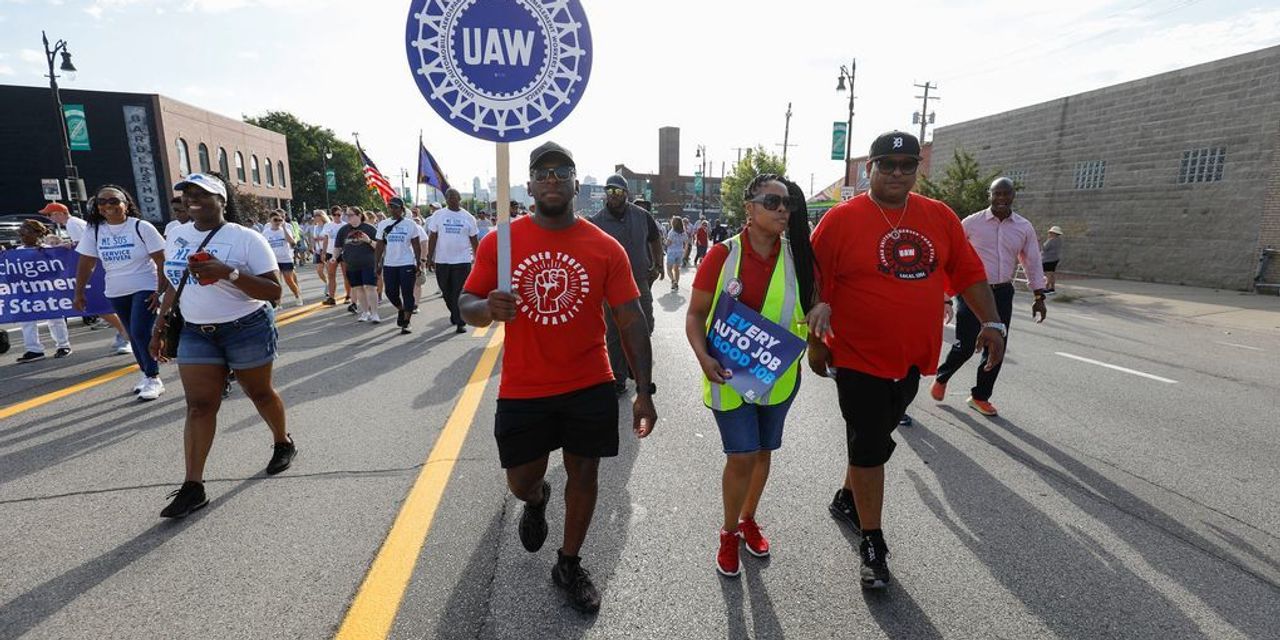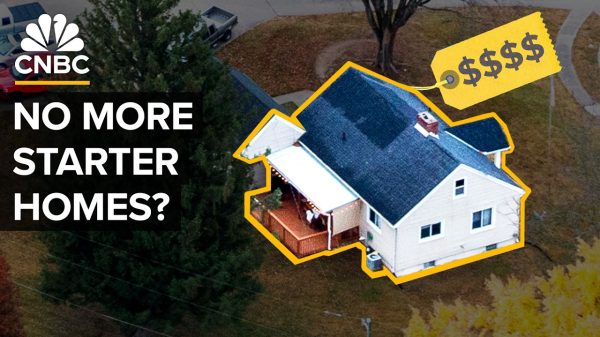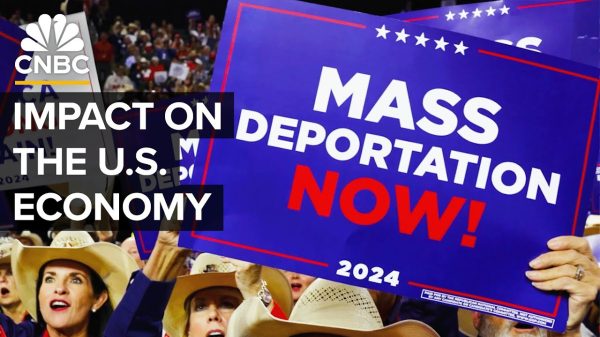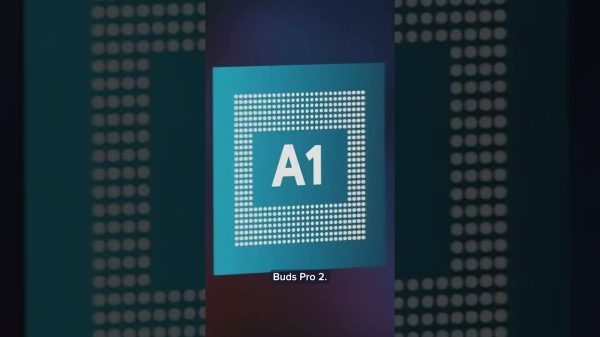Potential car buyers are no longer contending with chip shortages that dried up new-car sales during the pandemic and sent used-car prices soaring, but it’s still a bumpy ride for anyone looking to buy a car — and there’s a hazard sign up ahead.
The clock is ticking on the United Auto Workers’ contract talks with the Big Three domestic car makers: Ford Motor Co.
F,
General Motors Co.
GM,
and Stellantis N.V.
STLA,
the maker of brands such Chrysler, Dodge, Jeep and Ram Trucks.
The current contract expires just before midnight Thursday, Sept. 14.
If there’s no deal and a strike ensues, experts have said that new- and used-car prices would eventually creep higher, and buyers’ wait for particular cars could lengthen.
The story of which prices potentially go up is a brand- and model-specific story, they noted. But Tesla
TSLA,
the electric car maker with a non-unionized workforce, could see an opening lane for more market clout in the long run, one observer said.
Any strike that comes and goes in days likely will not transform into higher prices but a longer impasse could be a different story.
The last UAW strike in 2019 lasted 40 days.
Even if pandemic supply chain snags are in the rearview mirror, it’s still a tough time for car buyers. Inflation has gnawed at budgets and rising interest rates have made car loans more expensive. Besides, the sheer cost of cars is still a lot and bargains are hard to find.
Americans paid an average of $48,334 for a new car in July, according to Kelley Blue Book. That’s essentially flat year over year — but it’s being paid by a person whose salary may not be keeping with inflation and, while watching their excess savings dwindle, may balk at taking on more debt.
Could new car prices increase?
If the strike goes until the end of the month, average prices could increase around 2% on new vehicles across the board, said Tyson Jominy, vice president, data and analytics at J.D. Power.
There is a “real risk” prices climb if a strike makes fewer cars available for sale, Jominy said. But the industry isn’t where it was even compared to a year ago.
It’s been nearly two and a half years since the car industry had as many unsold cars waiting for sale, according to Cox Automotive. The 2 million unsold cars in inventory in September represents a 68% increase from the same point last year, Michelle Krebs , executive analyst at Cox Automotive wrote in a blog post.
If no new cars became available for sale, dealers would have an average of 58 days of sales at the current pace before their inventory dried up, Krebs said. A 60-day supply padding is the historical amount, she wrote. Most of the Big Three brands have days of supply above the 58-day average, Krebs noted.
What about Tesla?
With the exception of a Ford Mustang Mach–E, people shopping for many domestic cars might not pivot to pay for a Tesla instead, said Jessica Caldwell, head of insights at Edmunds, where people can research and shop for cars.
The price of a new Tesla Model 3 is $40,240 before a federal tax credit, avoided gas costs, and excluding taxes and fees. The Mach-E has a suggested retail price of $42,995.
Erik Gordon, a University of Michigan Ross School of Business professor, isn’t expecting any immediate post-strike jump in Tesla sales for the same reason.
Tesla’s win from the labor talks and any strike can be seen in the long run, he said. “The long-term benefit is that there is nothing a company likes to see more than its competitors’ costs go up,” said Gordon, who teaches strategy and entrepreneurship and has watched Musk’s business moves for years. That includes recent price cuts for various Tesla models.
“Tesla doesn’t face the difficult job of transitioning from internal combustion engines to electric vehicles. The Big Three do,” Gordon said. “It’s good news for Tesla if the UAW makes it harder for the Big Three to make the transition by reducing the companies’ flexibility.”
So what does that mean for car shoppers? They might give Teslas an even more serious look if the car maker is able to turn lower labor and production costs into lower prices, Gordon said.
The average listing price on a new non-Tesla EV was $68,383, according to Cox Automotive. People buying Teslas in July spent an average of $54,660, which is lower than the roughly $62,000 average in January, Cox Automotive said.
If the union talks are putting labor relations front of mind, that might be a strike against Tesla for some buyers. Two years ago, the National Labor Relations Board ordered Tesla to reinstate a worker and told Elon Musk to delete an anti-union tweet.
Will used car prices increase?
If new-car prices increase, it’s likely many people will shop for used cars — which could pump up those prices, said Karl Brauer, executive analyst at iSeeCars.com. That would reverse a gradual price fall after the spike when chip shortages made new cars scarce, he noted.
With a strike, “we’ll basically get a taste of the COVID new-car product restrictions, but not the same level.”
Caldwell said she sees used car prices could shift higher, especially in the newer used cars that are under three years old. But there’s a limit.
The average transaction price on used cards last year hit $31,095 in April, she said. In August, they were $28,719 according to Edmunds’ data. “I don’t think they would go beyond the peak of last year,” Caldwell said.
Will wait times increase?
As inventories improved, the wait for certain cars to become available has diminished, Caldwell said. Even a strike likely will not bog down availability – so long as a shopper isn’t wedded to certain colors, trims and configurations, she noted.
But some buyers will be sidelined if they aren’t willing to be flexible. And they are out there.
There are customers who will wait for their ride instead of pushing up prices on other vehicles, Jominy said. Pickup truck drivers commonly stick with the brand they already have, he noted.
“If there are no [Ford] F-Series or [Chevrolet] Silverados to buy, owners are not going to defect to other brands or other segments. They will wait until their truck is ready.”
UAW, Ford and GM did not respond to a request for comment.
A Stellantis spokeswoman declined to comment on potential price and availability impacts.
The ongoing talks have been “constructive and collaborative,” the company said in a statement. “In our view, a strike does not benefit anyone – our customers, our dealers, the community and, most importantly, our employees.”
Read the full article here













